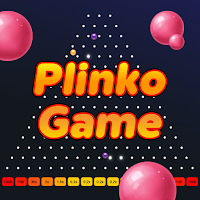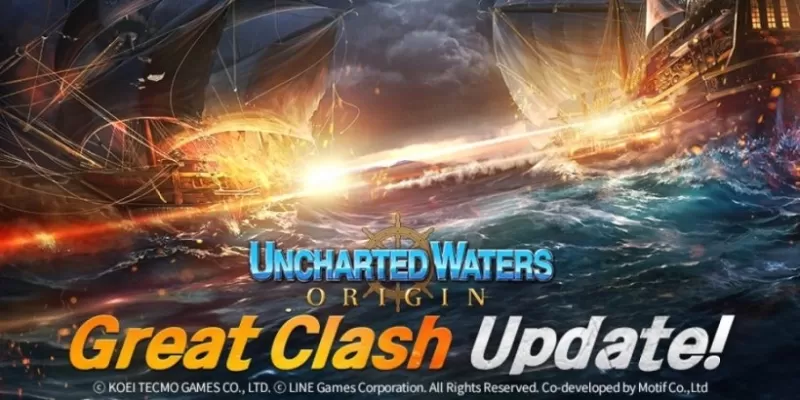Niantic Inc. has announced the sale of its gaming division, including popular titles such as Pokémon Go, Pikmin Bloom, and Monster Hunter Now, along with their development teams, to Scopely, a company owned by the Saudi investment firm Savvy Games. The deal is valued at $3.5 billion, with an additional $350 million in cash being distributed to Niantic equity holders, bringing the total value to approximately $3.85 billion.
In a press release, Scopely highlighted the impressive performance of Niantic's gaming business, which boasts over 30 million monthly active users (MAUs) and 20 million weekly active users. The games generated over $1 billion in revenue in 2024 alone. Pokémon Go, in particular, remains a flagship title, consistently ranking among the top 10 mobile games since its launch nearly a decade ago and attracting over 100 million unique players in 2024.
Niantic expressed optimism about the future of their games under Scopely's ownership, stating that the development teams have "exciting long-term roadmaps" that they will continue to pursue. They emphasized that this partnership will ensure the games receive the necessary long-term support to become "forever games" that will endure for future generations.
"Players can expect that the games, apps, services, and events they know and love will continue to receive Scopely’s ongoing investment, driven by the same teams that have always created these experiences," Niantic stated in a blog post.
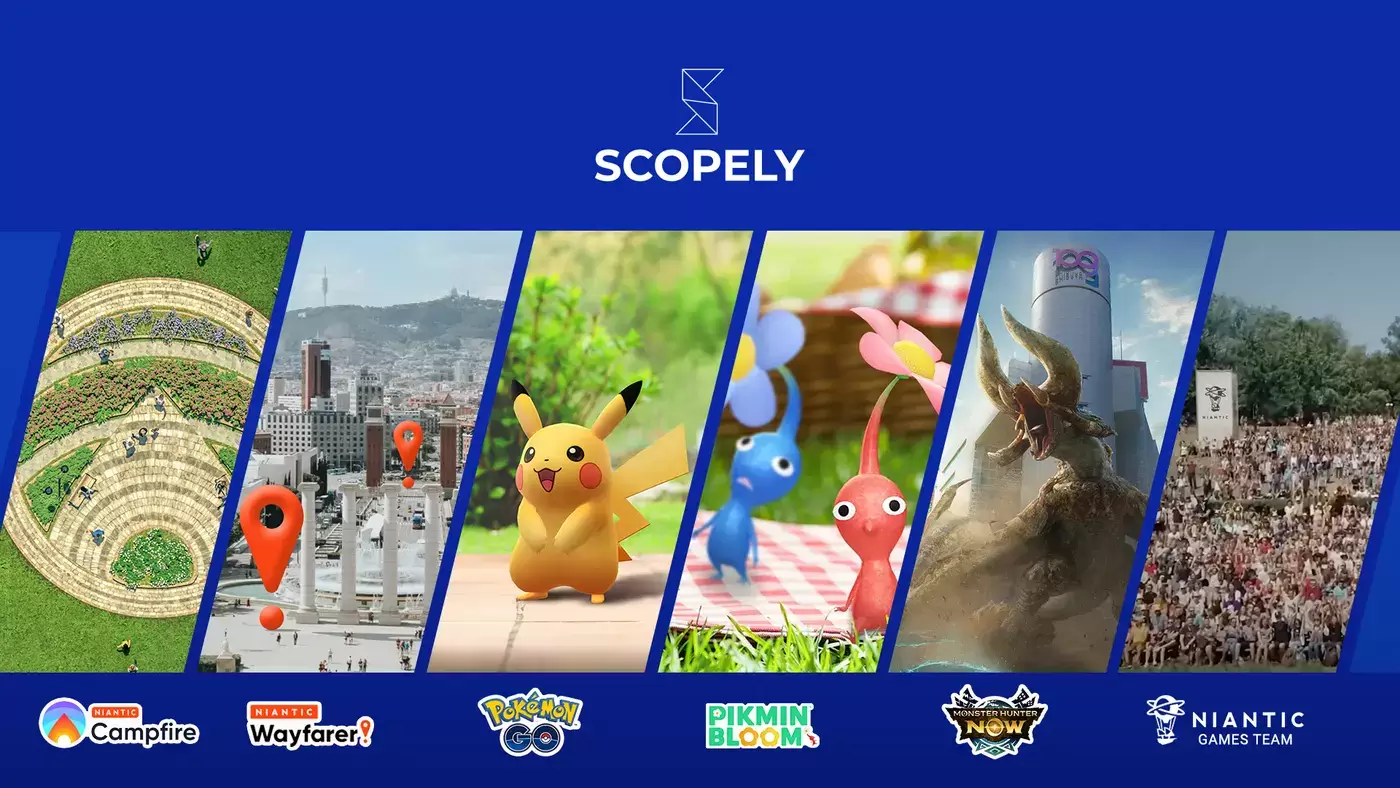 Scopely has bought Niantic's entire games business for $3.5 billion. Image credit: Scopely.
Scopely has bought Niantic's entire games business for $3.5 billion. Image credit: Scopely.
In a separate blog post, Ed Wu, the chief of Pokémon Go, addressed the community's concerns about the game's future post-sale. Wu, who was an original engineer on the Pokémon Go codebase and played a key role in its massive 2016 launch, shared his confidence in the partnership with Scopely.
"Scopely expressed a deep admiration for this community and our team. I have every belief Pokémon GO will further flourish as part of Scopely, not only into its second decade, but for many more years to come, under the mission of discovering Pokémon in the real world and inspiring people to explore together," Wu said.
He emphasized that the entire Pokémon Go team would remain intact, continuing to work on the game's development. Wu highlighted the ongoing additions to the game, such as Raid Battles, Go Battle League, Routes, and live events like Pokémon Go Fest, and expressed excitement about continuing these efforts under Scopely's support.
"Our new partnership, along with our decade-long partnership with The Pokémon Company, means we can maintain this long-term focus. Scopely fully believes in our mission and ongoing goal to create the best Pokémon Go experience possible. Their focus will be to support our team, providing resources to continue delivering the gameplay you all know and love," Wu added.
Wu also noted that Scopely's status as a private company allows for prioritizing long-term goals over short-term gains, aligning with Pokémon Go's mission to foster a real-world community. He emphasized the commitment to enhancing live events, fostering community connections, and continuing the game's core focus on real-world Pokémon discovery.
"The real-world community that loves Pokémon Go will remain our guiding light in all we do," Wu stated, expressing gratitude for the partnership with The Pokémon Company and confidence in the game's future evolution.
In addition to the gaming division sale, Niantic announced the spin-off of its geospatial AI business into a new company, Niantic Spatial Inc., to accelerate its growth. Scopely has invested $50 million in this new venture, with Niantic contributing $200 million. Niantic Spatial will continue to operate other real-world AR games, such as Ingress Prime and Peridot.
 Home
Home  Navigation
Navigation






 Latest Articles
Latest Articles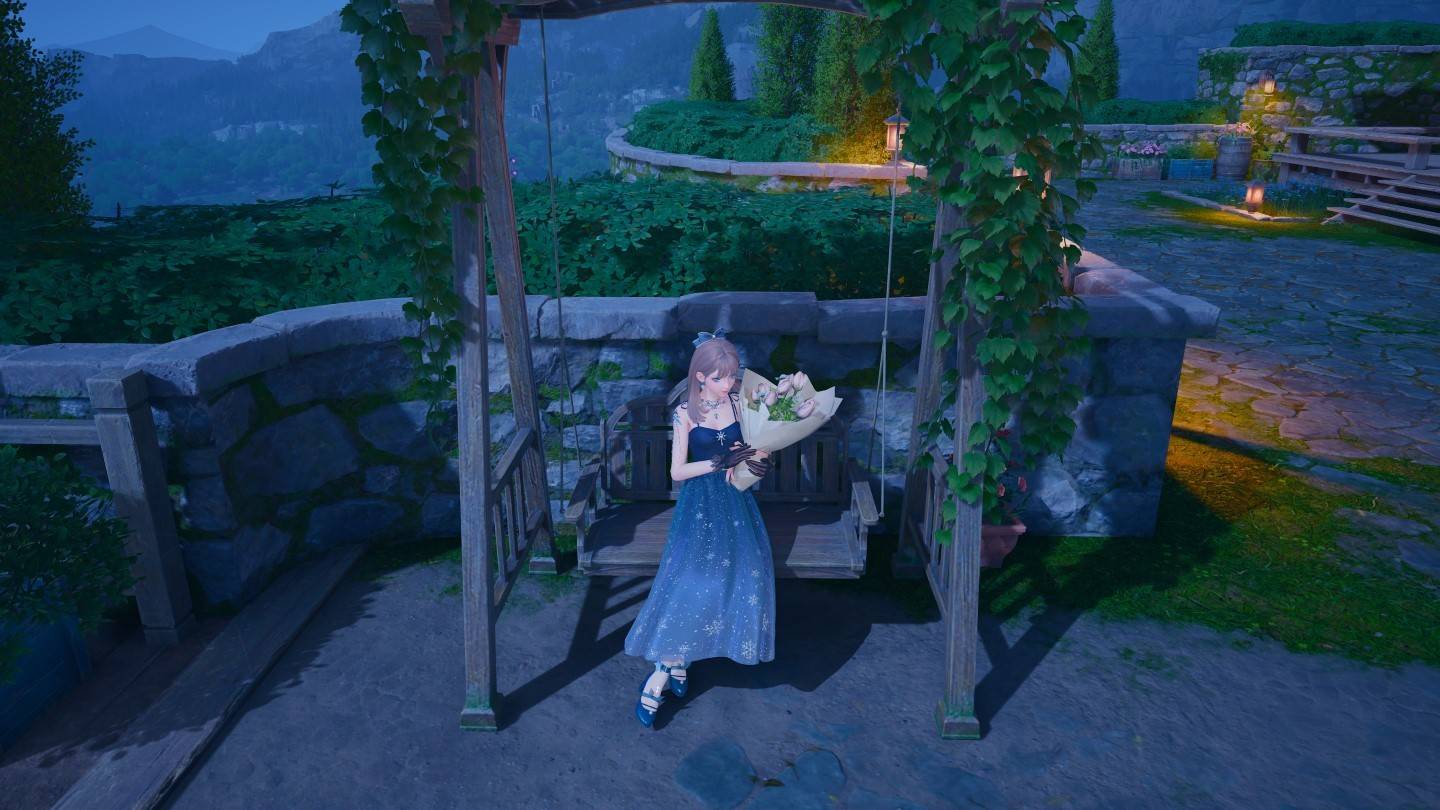
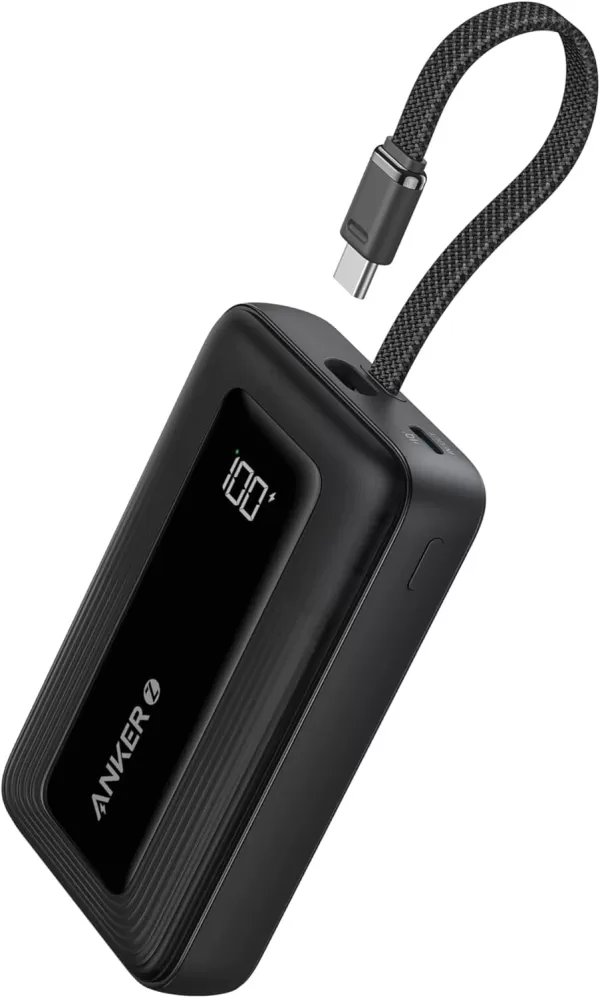
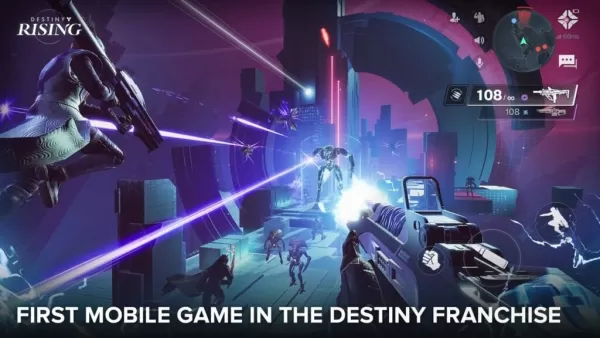






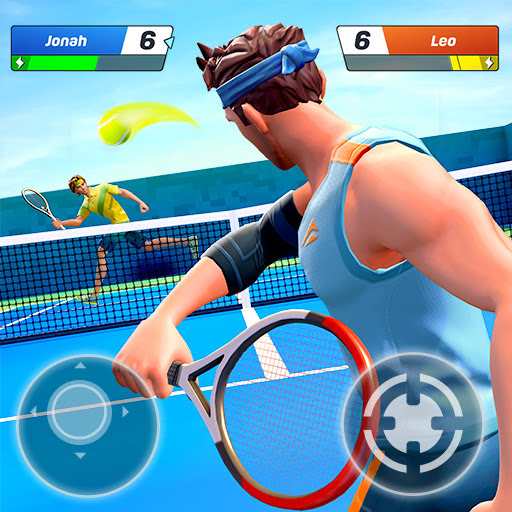

 Latest Games
Latest Games



